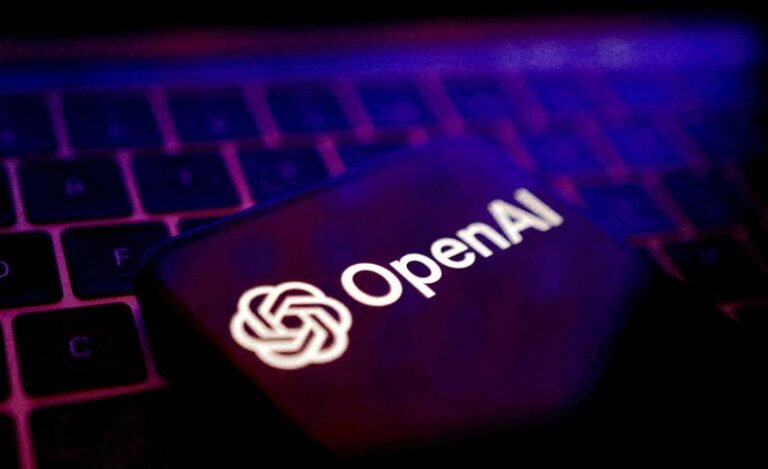Musk-led OpenAI acquisition Significantly within the artificial intelligence (AI) sector, a group led by Elon Musk has made an unwelcome bid of $97.4 billion to buy the nonprofit company managing OpenAI. This plan, turned in on February 10, 2025, emphasizes open-source research and safety-oriented projects and seeks to restore. OpenAI to its original nonprofit state.
Background and Motives
Elon Musk, co-founder of OpenAI in 2015, left the company in 2018 owing to strategic differences, primarily related to its shift towards a for-profit model. Musk has vocally opposed this shift, raising questions about OpenAI straying from its original goal of creating artificial intelligence for the good of all people. Musk underlined the latest bid in a statement. OpenAI should go back to the open-source, safety-oriented force it previously was. We will guarantee that this occurs.
Strategic Intentensions and Consortium Composition
Musk’s AI business, xAI, and well-known investment companies comprise Baron Capital Group, Valor Management, Atreides Management, Vy Fund III, Emanuel Capital Management, and Eight Partners. The consortium supports this large bet. EAI, developed by Musk in 2023, seems to be a steady combination with OpenAI should the purchase go through. Emphasizing open-source research and prioritizing safety in AI development, this strategic alignment highlights the consortium’s will to guide OpenAI back to its nonprofit origins.
Reply from OpenAI leadership

The current leadership of OpenAI has rejected the idea. CEO Sam Altman immediately turned down the offer, answering on the X social media platform—formerly Twitter: No, thank you; but, if you want, we will purchase Twitter for $9.74 billion.” This conversation emphasizes the continuous conflict between Musk and Altman, who had earlier disagreed on the direction and governance of the company.
Legal Context and Continuous Conflict
This proposal sharpens the current legal conflict between Musk and OpenAI. Alleging that OpenAI and its leadership had deviated from their initial nonprofit goal by putting profit above public welfare. Musk sued the company in August 2024. He said that the change toward a for-profit model went against the fundamental values upon which penAI was founded. Arguing that such a change contradicts the organization’s dedication to creating AI technologies that benefit humanity, the lawsuit aims to stop OpenAI from finishing its shift to a for-profit structure.
Consequences for OpenAI’s Future
The consortium’s offer raises many questions about OpenAI’s future course. The company’s latest efforts, which include revealing the $500 billion “Stargate” AI infrastructure project in association with SoftBank and Oracle, point to its desire to grow its for-profit activities. PMusk has publicly opposed these ideas and questioned their financial feasibility and fit with OpenAI’s initial goals. Emphasizing openness, open-source cooperation, and the prioritizing of safety in AI development, the proposed acquisition by Musk’s consortium could help OpenAI’s attention to its nonprofit beginnings to be refocused.
Industry Responses and Professional Views
FThebid has generated reactions from industry experts and stakeholders. Some see it as a required intervention to bring OpenAI back into line with its fundamental ideas. Others, on the other hand, view it as a hostile acquisition that might throw off the company’s continuing initiatives and alliances. EtheUCLA Law School executive director Chan Lou observed, “Musk’s bid puts another wrinkle. This bid marks a point of reference for the… If OpenAI respects the nonprofit.
Finally
The developing situation is critical for the more considerable artificial intelligence sectors. The result of Musk’s takeover attempt could broadly affect ethical issues, strategic orientation, and governance of artificial intelligence development. Stakeholders will closely watch how these changes affect the balance between innovation, profitability, and the dedication to guarantee that artificial intelligence technologies serve. The more significant public interest is as the situation develops.


